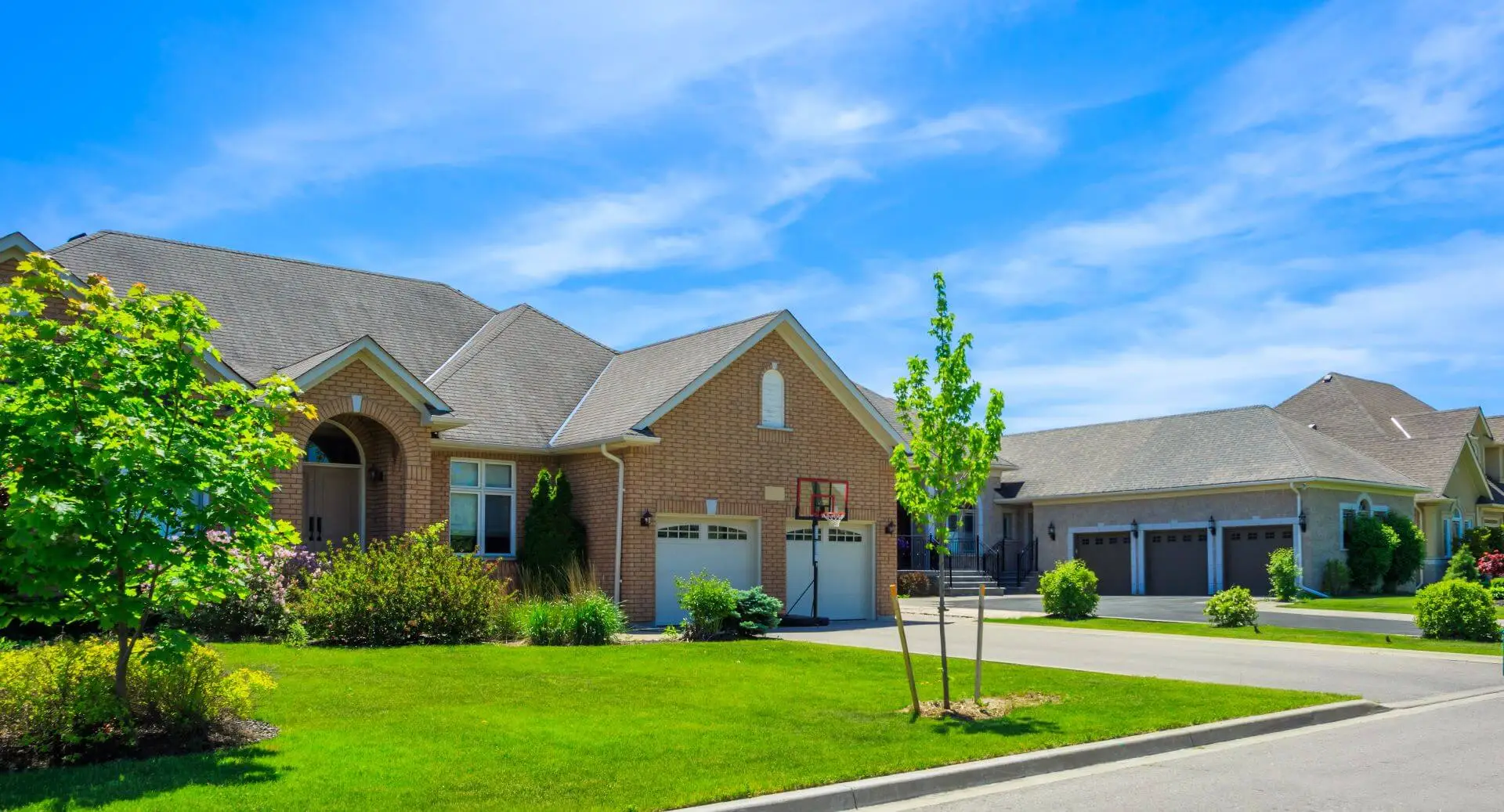Pros & Cons of Owning an Assisted Living Community

Let’s imagine a place where Independence meets support, where seniors can fully enjoy their golden years without the stress of managing a home or the worry of being alone at home. Assisted Living is designed to offer just that—a balance between freedom and care. But what do you think? Is it the right choice?
Assisted Living communities can be a brilliant choice for adults who need a bit of extra help with daily activities. It offers seniors and others a way to balance their Independence while getting the help they need to prosper.
Real estate agents are always looking for ways to specialize in specific housing market segments. One area that has been growing in popularity is senior housing. With the aging population, there’s a rising demand for housing solutions tailored to the needs of older adults. This article will discuss whether real estate agents can focus on senior housing and the advantages of pursuing this specialization.
1. What is an Assisted Living?
Assisted Living communities offer support with everyday facilities such as eating, bathing, and dressing. They are designed for older adults who want to stay separate but need some assistance to do so.
In Assisted Living, residents have access to a range of different services. These facilities include prepared meals, housekeeping, medication, and customized help with activities of daily Living.
These organizations try to create a comfortable zone by providing compulsory needs to enjoy their lives.
2. Independent Living and Assisted Living
Independent living and assisted living communities are two different things. Independent Living offers a more self-sufficient lifestyle with little to no assistance, making it a great fit for seniors who are active and can handle most daily tasks on their own.
On the other hand, assisted Living provides extra support with everyday needs like bathing, dressing, and medication management. It’s a great choice for those who want to maintain their Independence but could use a helping hand along the way.
3. How Does Assisted Living Work?
In an Assisted Living community, residents live in private or semi-private Apartments and receive daily support tailored to their individual needs.
Staff is available around the clock to provide personal care, tasks, and other needs. Every Individual has a personalized care plan which is regularly updated according to need. Daily activities are structured to promote physical, mental, and social engagement. This includes exercise classes, games, arts and crafts, and outings to nearby amusement parks or places.
4. The Advantages of Assisted Living Facility
- Licensed Realtor: Senior housing is a rapidly growing market driven by the increasing number of older adults seeking comfortable and convenient living arrangements. By focusing on this niche, you can serve seniors’ unique needs and preferences, helping them find the perfect place to call home.
- High Buyer Interest – The growing demand for senior care has increased investors’ interest, making it easier to find potential buyers.
- Strong Valuation Potential — If well managed, an assisted living facility can command a high sale price due to its recurring revenue and market demand.
- Opportunity for Strategic Exit — A profitable sale can benefit owners looking to retire or shift to another business sector.
- Capital for New Investments – Selling an assisted living facility can provide significant capital to reinvest in other ventures or expand into different markets.
- Market Trends Favor Sellers – In some regions, the demand for existing facilities exceeds supply, driving up sale prices and making it a seller’s market.
5. The Disadvantages of Assisted Living Community
- Regulatory Complexity – Assisted living facility prices can change based on demand, the number of residents, and government rules, making it hard to predict their value.
- Competition – Increasing competition from new facilities or alternative care options in-home care services can pressure pricing and occupancy rates.
- Unpredictable Healthcare Costs – Rising healthcare costs, like medications and medical services for residents, can burden the facility’s budget and affect its financial stability.
- Market Fluctuations – The value of an assisted living facility depends on factors like demand, the number of residents of it, and the rules imposed by the government, making pricing uncertain.
- Limited Buyer Pool – Unlike traditional real estate, assisted living facilities require buyers with specific experience, financial capability, and operational knowledge.
- Operational Risks – Buyers may hesitate due to the ongoing management complexities, staffing shortages, and potential legal liabilities associated with running a facility. Family caretakers have exhausted feelings to meet the needs of their loved ones.
Conclusion
The number of elderly people is increasing, and many need special housing options. As a real estate agent, focusing on senior housing can help you meet this demand and serve this group’s unique needs. Senior housing isn’t just a temporary trend—it’s a long-term opportunity. Studies show the older population will nearly double by 2050, meaning demand for senior housing will keep rising. This creates an excellent chance for agents who specialize in this area. Another benefit is that senior housing often pays higher commissions than regular homes. Becoming an expert in senior housing allows you to negotiate better deals, earn more, and grow your business in this rewarding market.
